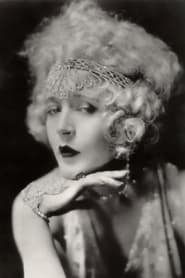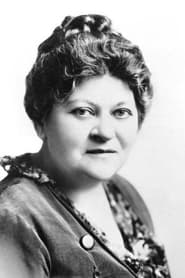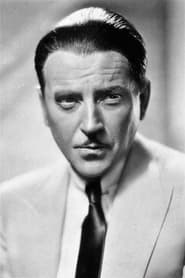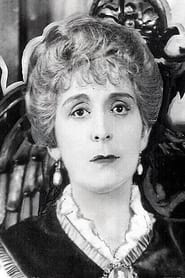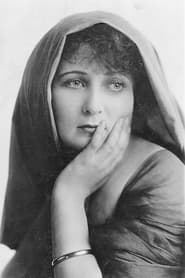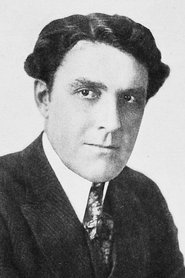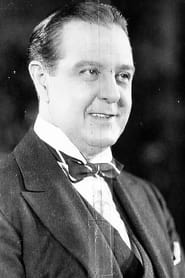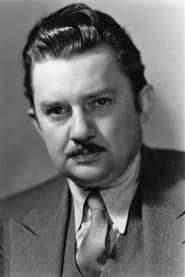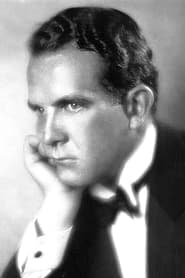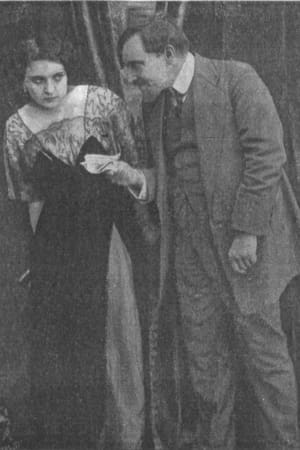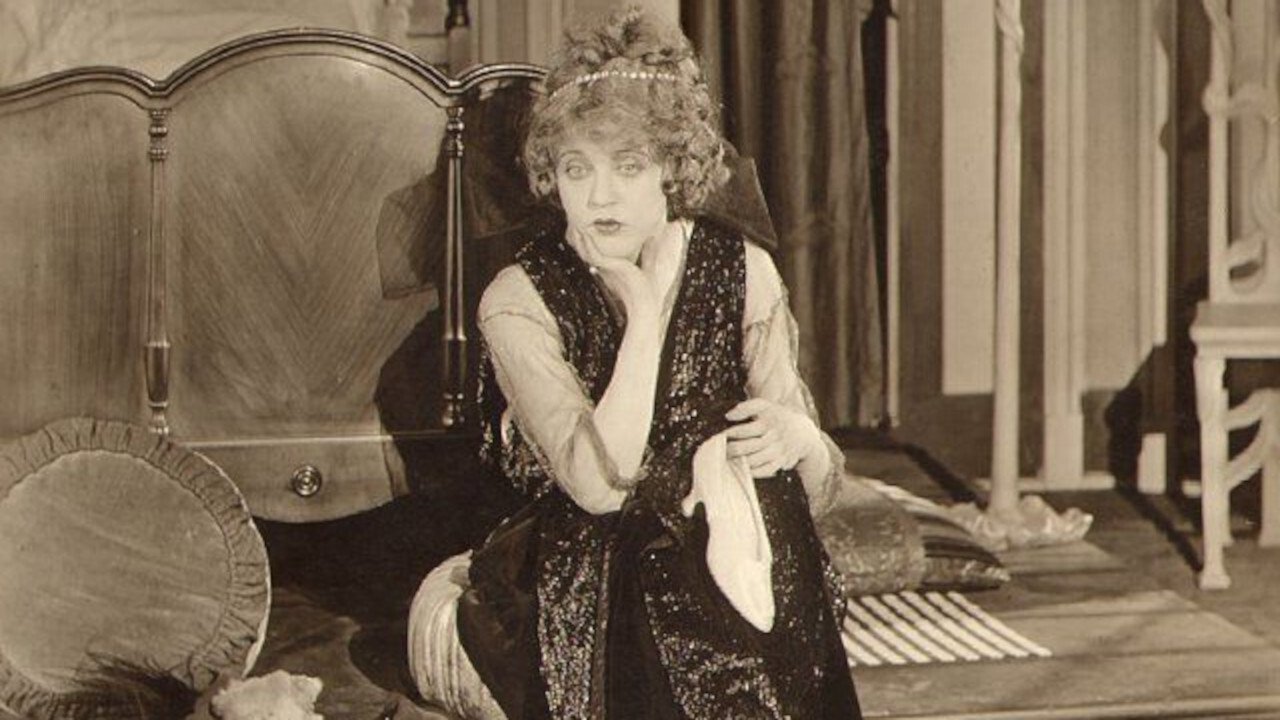
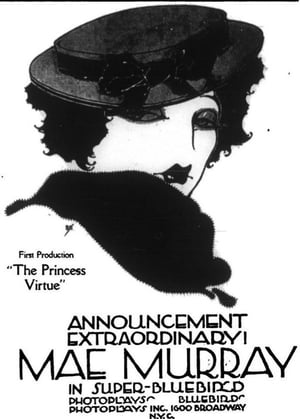
Princess Virtue(1917)
The daughter of a disowned upper class Bostonian finds acceptance in Parisian society.
Movie: Princess Virtue

Princess Virtue
HomePage
Overview
The daughter of a disowned upper class Bostonian finds acceptance in Parisian society.
Release Date
1917-11-12
Average
0
Rating:
0.0 startsTagline
Genres
Languages:
Keywords
Similar Movies
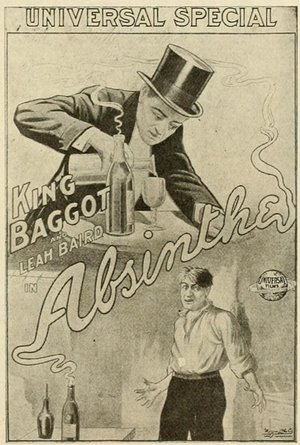 0.0
0.0Absinthe(en)
A Parisian artist becomes addicted to the liquor absinthe and sinks to robbery and murder.
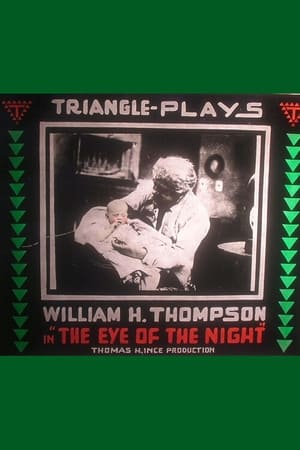 0.0
0.0The Eye of the Night(en)
William H. Thompson plays a likeable old lighthouse keeper who must contend with his less likeable fellow villagers. One of Thompson's acts of kindness is to bless the "scandalous" romance between hero and heroine.
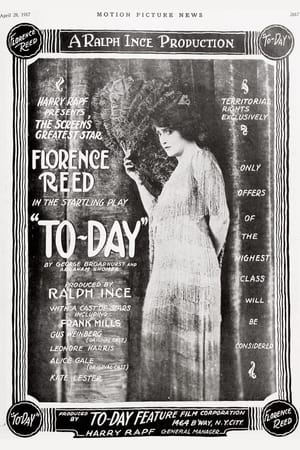 0.0
0.0To-Day(en)
When her husband Fred goes bankrupt, Lily Morton is forced to give up the trappings of wealth and move into a humble home while Fred attempts to fight his way back to prosperity. Resentful of her modest circumstances, Lily accepts her friend Marion Garland's offer to introduce her to Mrs. Farington, a woman who will pay handsomely for Lily's escort services. Lily goes to work for Mrs. Farington while her unsuspecting husband struggles to regain his former wealth. While managing an apartment house for one of his wealthy clients, Fred visits Mrs. Farington, a tenant, and, noticing a framed picture of Lily, asks to be introduced to the girl. Mrs. Farington arranges the rendezvous, and when Lily arrives, she is confronted by her enraged husband who chokes her to death. At this moment, Lily awakens from her nightmare, and chastened for her superficiality, begs Fred for forgiveness.
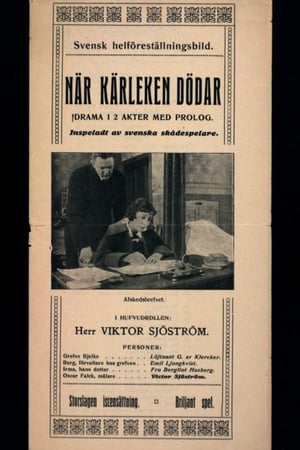 0.0
0.0When Love Kills(sv)
After a harsh argument between her and her father, a young girl with artistic talent leaves home for a new life.
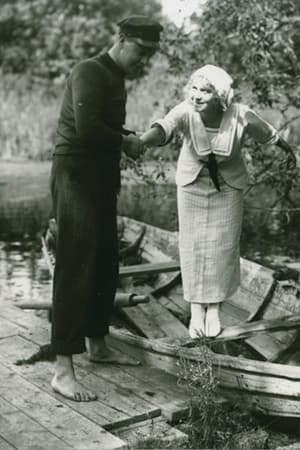 0.0
0.0På livets ödesvägar(sv)
The son of a poor fisherman and the daughter of a wealthy landlord fall in love, but meet with obstacles to being together. Their happiness meets with objection by her father, who intends to permanently separate them.
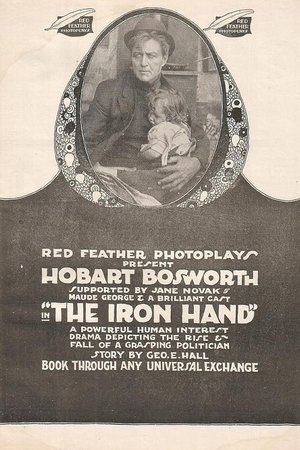 0.0
0.0The Iron Hand(en)
After political boss Tim Noland adopts Roy, the infant son of a dead crony, he reluctantly gives the boy up to a doctor who claims that, if raised in an respectable environment, the child will grow into a model citizen. Twenty years later, Roy comes back to live with Tim, and is appalled at his unscrupulous methods of conducting business. Then, he falls in love with Enid Winslow, the daughter of a social reformer who is running for office against Tim. Largely due to Roy's financial support, Winslow wins the election, but, holding a grudge against Tim and anyone connected to him, he refuses to let Enid marry Roy.
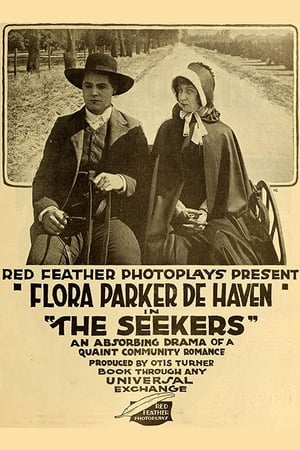 0.0
0.0The Seekers(en)
The quiet life style of Ruth Heck and her brother Lem, who belong to a religious sect called the Seekers, is disrupted when a judge imprisons Lem for a crime he did not commit.
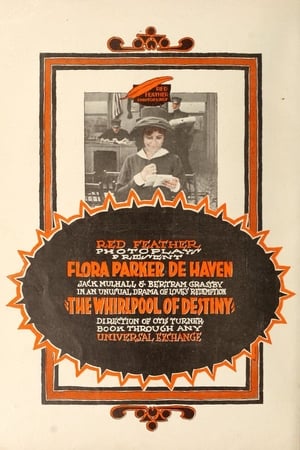 0.0
0.0The Whirlpool of Destiny(en)
George Bell, a wild young man, lives with his rancher father, Thomas Bell, in Paradise Valley, California. When George sells his father's favorite horse, Mr. Bell turns him out, and George becomes a grain salesman in St. Louis. Meanwhile, Polly Martin lives with her father Bill, an ex-businessman who has sunk to day-labor because of his addiction to alcohol. Bill frequently abuses Polly, and when he falls to his death from a high girder, Polly becomes a nurse in the Salvation Army in St. Louis. George falls in love with Polly after he saves her from the advances of a drunk, but she will not marry him because of his wild past.
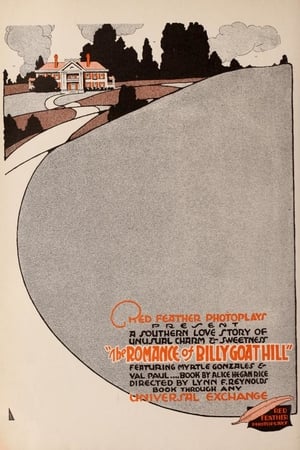 0.0
0.0A Romance of Billy Goat Hill(en)
In a Southern town, Don Morley is apparently the sole witness to a gunfight during which his friend, Lee Dillingham, badly wounds Sheely. To avoid testifying against Lee, Don leaves town, but after he is gone, Lee double-crosses Don and blames him for the shooting. Then, Don's sweetheart, Miss Lady, heartbroken to learn that Don is a criminal, marries the elderly Professor Querrington. To take her mind off her mundane marriage, Miss Lady befriends a mute boy and pays for an operation that restores his speech. The professor dies, and soon after Don, unaware of his alleged guilt, returns to town to find himself charged with Lee's crime.
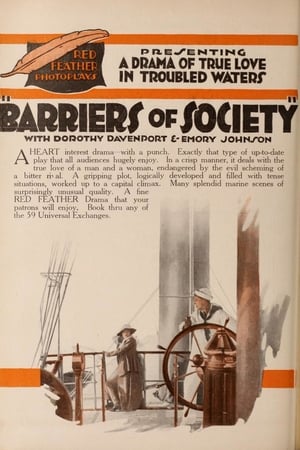 0.0
0.0Barriers of Society(en)
When penniless Westie Phillips briefly meets wealthy Martha Gorham, he falls in love, but Martha forgets the encounter. Harry Arnold, courting Martha, invites her out sailing and arranges to have the yacht wrecked near an uncharted island so that he can be alone with her until rescuers arrive. Meanwhile, without knowing Martha is on board, Westie secures a position on the yacht.
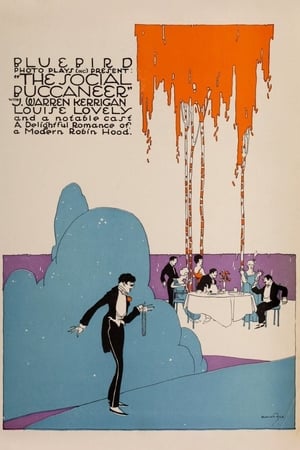 0.0
0.0The Social Buccaneer(en)
While working in China for Nathan Goldberg, a New York Jewish importer, Chattfield Bruce comes to admire the Robin Hood philosophy of Wong Lee, who gives to the poor all the food, clothing and money that he steals from the rich. After Chattfield informs Wong Lee of a betrayal among his gang, Wong Lee gives him a ring that is guaranteed to give the wearer the allegiance of any Chinese throughout the world.
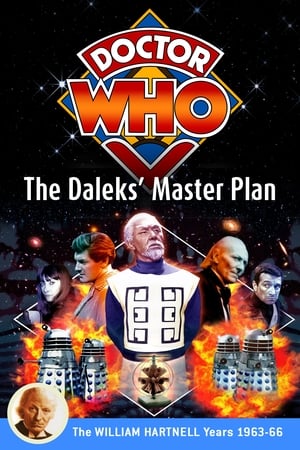 7.8
7.8Doctor Who: The Daleks' Master Plan(en)
In the year 4000, the Daleks conspire to conquer the Solar System. Their scheme involves treachery at the highest levels and a weapon capable of destroying the very fabric of time. Only the Doctor and his friends can prevent catastrophe — and there is no guarantee they will escape with their lives...
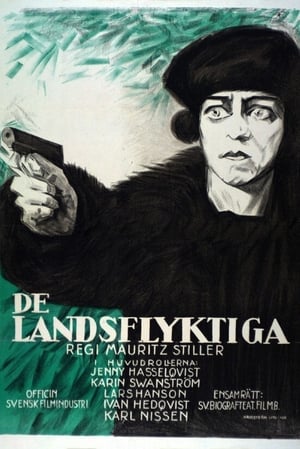 0.0
0.0In Self Defence(sv)
A wealthy Russian family is faced with change and challenges as events unfold during the First World War.
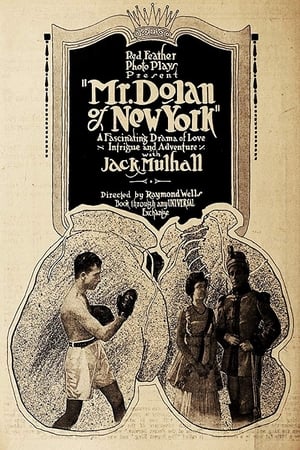 0.0
0.0Mr. Dolan of New York(en)
After his defeat at the hands of "Spider" Flynn, the welterweight champion of Europe, boxer Jimmie Dolan and his trainer, Thomas Jefferson Jones, leave for a principality near Paris. Having lost all their money on the fight, Jimmie accepts Count Conrad's offer to impersonate Prince Frederick in return for a large sum of money.
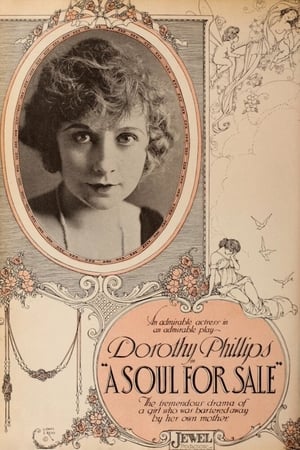 0.0
0.0A Soul for Sale(en)
After Neila Pendleton's father dies, leaving his wife and daughter penniless, the avaricious Mrs. Pendleton decides to marry Neila to the highest bidder. At the cost of her daughter's reputation, Mrs. Pendleton accepts money from elderly broker Wilbur Simons, and later tries to force Neila into a marriage with a dissolute old millionaire named Hale Faxon.
 7.1
7.1Intolerance: Love's Struggle Throughout the Ages(en)
The story of a poor young woman, separated by prejudice from her husband and baby, is interwoven with tales of intolerance from throughout history.
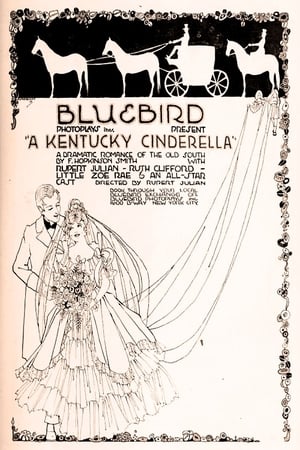 0.0
0.0A Kentucky Cinderella(en)
After the death of her father, a young girl goes to live with her uncle in Kentucky. She immediately comes into conflict with her uncle's shrewish wife.
